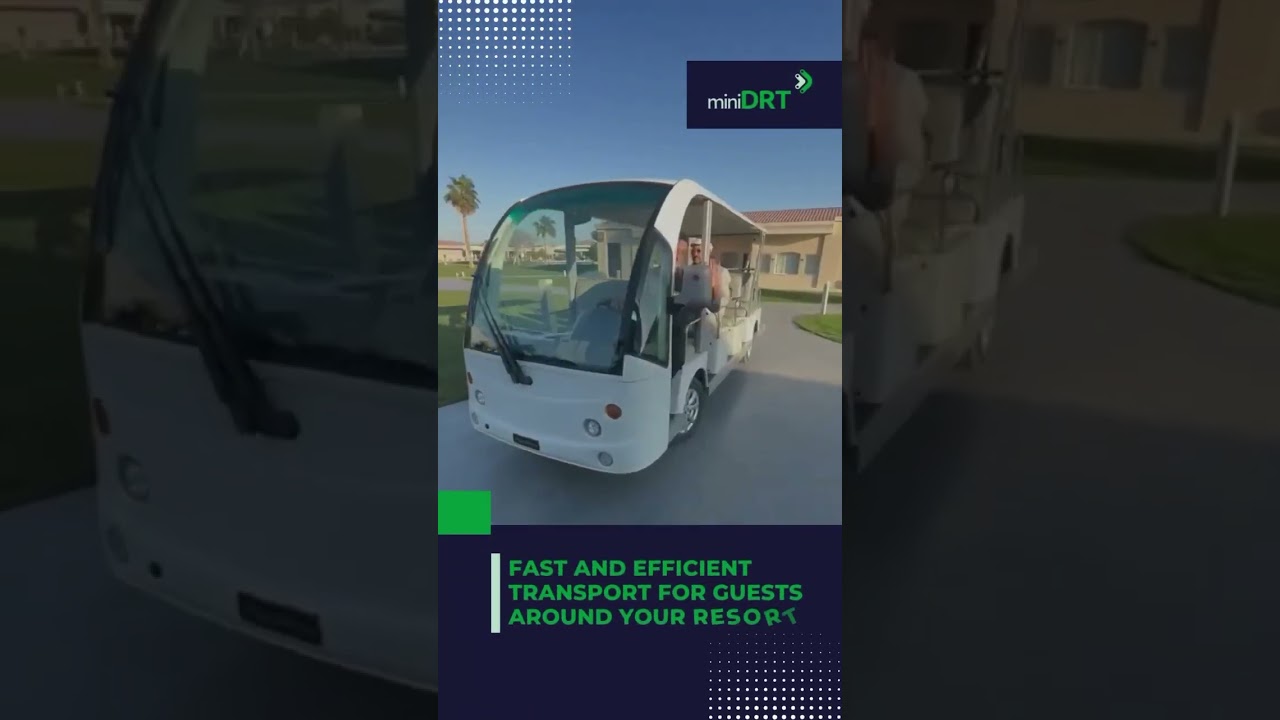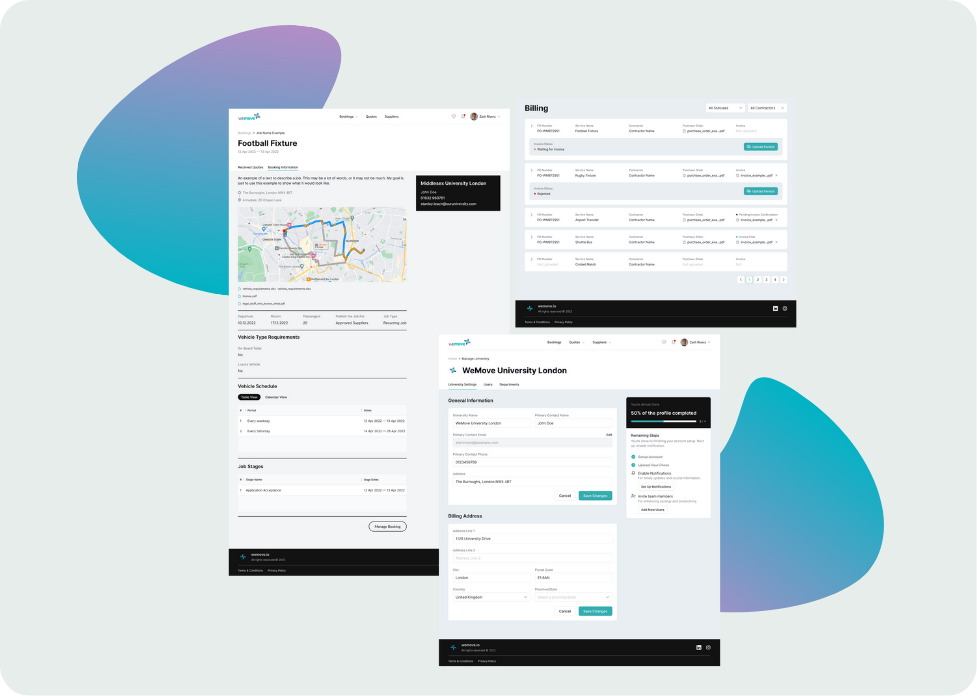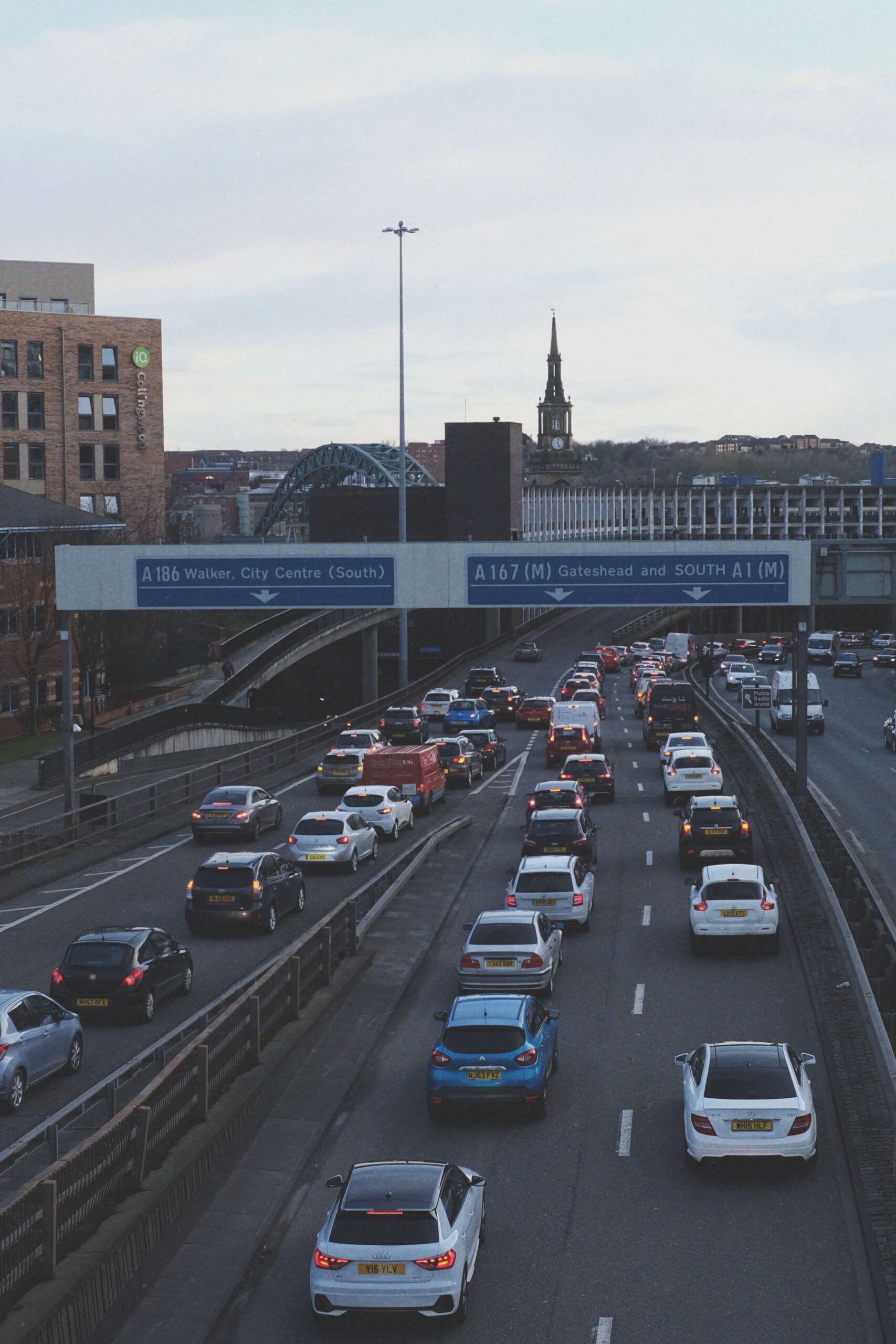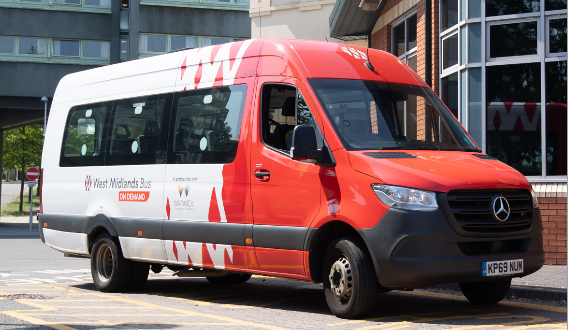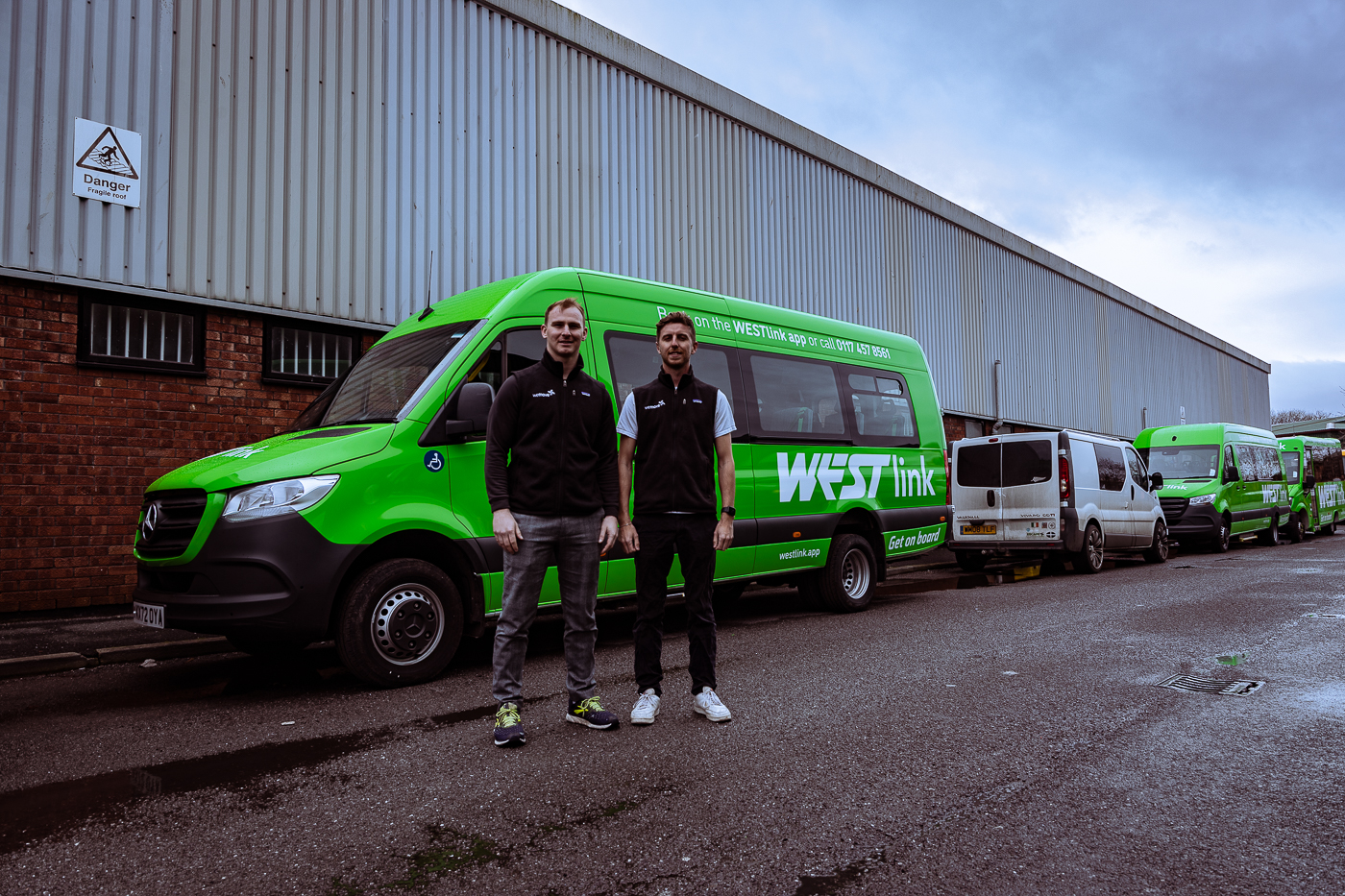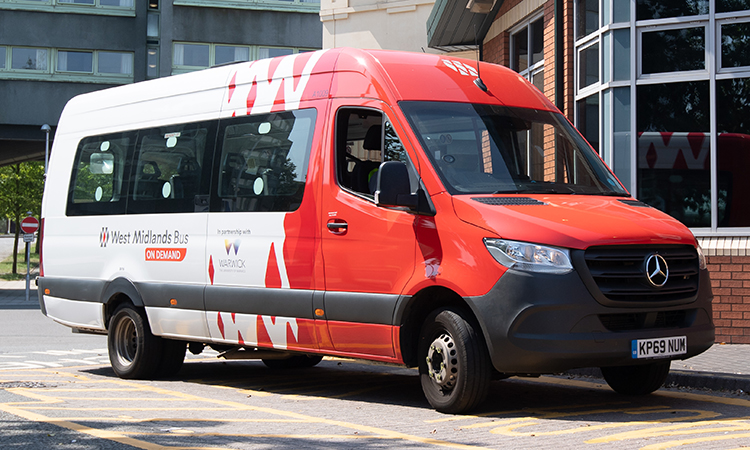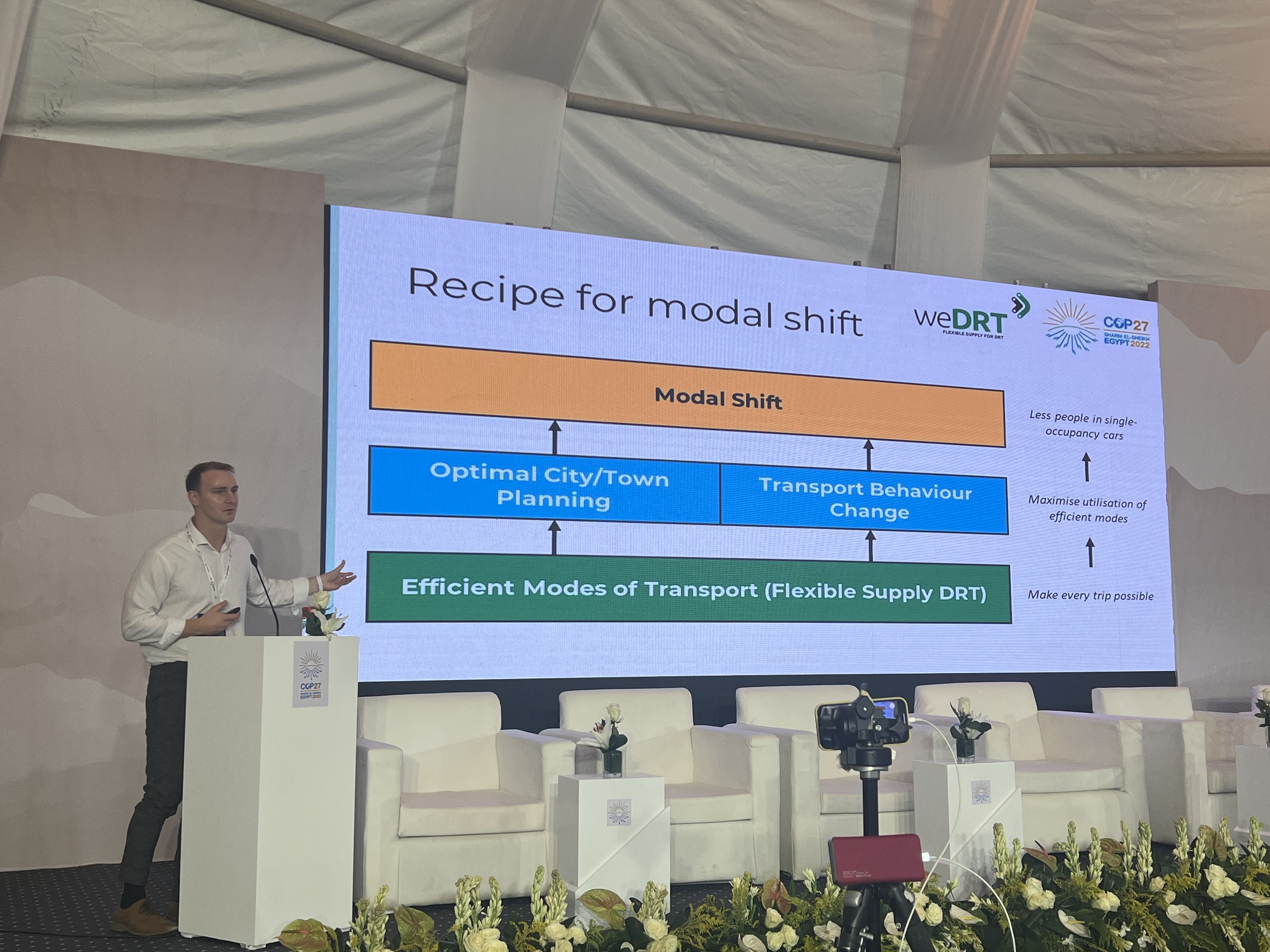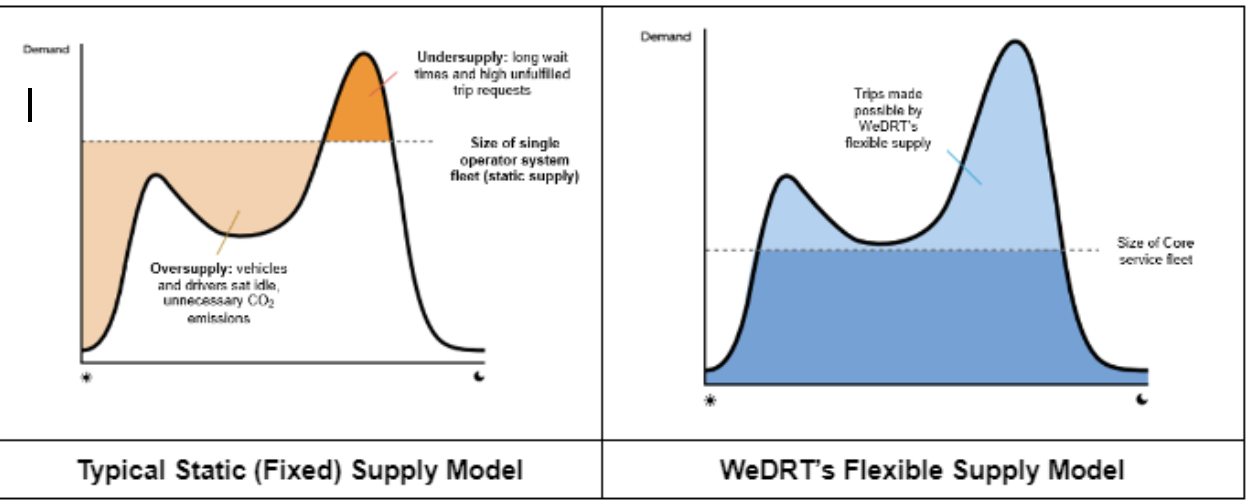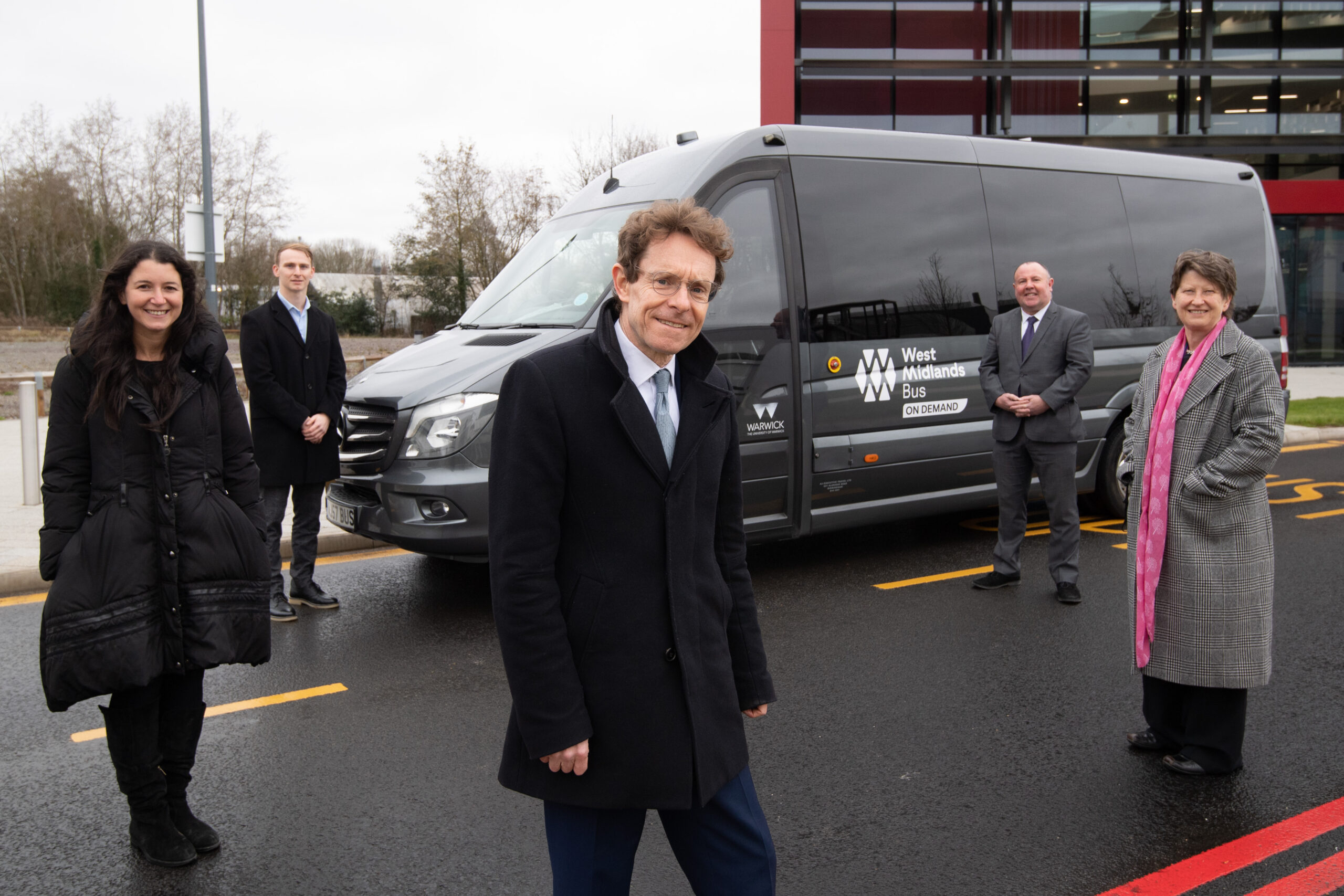Demand Responsive Transport Management
WeMove uniquely combines the technology of DRT services with shared commuter shuttles to offer business, local authorities and governments more efficient transport solutions.
WeMove works with both local councils and the private sector to revolutionise the current transport offerings. On the DRT side, we have helped local authorities across the UK improve their transport services by introducing on-demand minibuses that help link up isolated areas across the region to the wider transport network, connecting families, businesses, and communities. We manage peak demand using a network of local SME operators to flexibly dispatch vehicles thus ensuring vehicle-idle times are kept to a minimum whilst met-demand rates are uniquely high. Our flexible supply model dramatically reduces oversupply and undersupply, establishing the first and only DRT-specific operating solution where supply reacts to demand.
Shared & Sustainable Commuting
In addition to this, WeMove is passionate about sustainable transport and helps companies and clients get people out of single-occupancy cars and into more efficient, economic, and environmental transport alternatives. Commute by WeMove has a dedicated team that works with universities, schools, and business parks to provide a shuttle service that helps attract talent, retain staff, reduce CO2 emissions, and minimise car park congestion. Our team handles the entire process from supplier management to live operations, launch to optimisation. We also have a call centre for transport operators across the UK, to manage the day-to-day transport services and focus on customer care.
Case Study: WESTlink
Evidence of our solution working can be seen in the launch of WESTlink, the largest DRT service in the UK with 30 buses running on flexible routes across the region of North Somerset. The 16-seater, green buses allow passengers to get off at over 1800 existing bus stops as well as new virtual stops. The buses plot new optimal routes every time depending on where people need to be picked up from along the way. WESTlink is offering affordable and user-friendly on-demand transport to the West of England. This service is a benefit as it offers greater flexibility and harnesses the power of technology to allow people to have a bus ready at the click of a button.



